
OR
Opinion
Being a woman in Karnali -Three days in Jajarkot and Rukum!
Published On: April 11, 2024 08:20 AM NPT By: Dr. Samjhana Bista
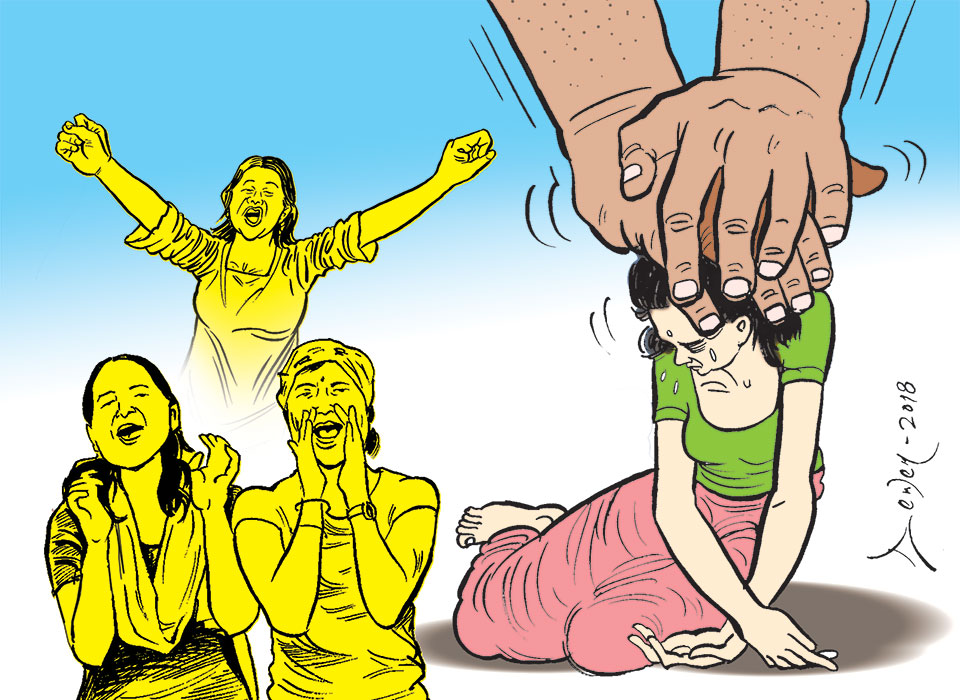
Dr. Samjhana Bista
The author is the Country Director of DCA Nepal, Danish International NGO.news@myrepublica.com
More from Author
After a few days of intensive observations, conversations and reflections in Jajarkot and Rukum, I was tired, frustrated and in pain. Taking a next sip of my black tea, I was just trying to experience a bit of calmness and a hope that “a better tomorrow is possible,” and taking a deep breath talking to myself “being women in Nepal is difficult, it is so much worse in this part of Nepal!”
A gentleman standing next to me commented, “You need to be able to enjoy your womanhood and celebrate that you are a woman.” I immediately responded – how can I, when I represent only 10% of us?
During my recent visit to Jajarkot and Rukum, I might have met around 100 women, around 70% of them were below 22 and almost all of them were breast-feeding. Whenever I had a chance, I asked their age and if that was their first kid. Majority of them had a second child in their lap. Mrs. Kusunda Sunar (name changed) in one of the villages, was quiet and calm. She was happy to have a temporary shelter and other support she had received under the name of a pregnant woman. I went closer to her to talk about her and her child who she had wrapped well. She quietly said “I gave birth to him eight days ago! I was pregnant when the earthquake happened, and I was inside the house with my first child. I did not think that I would survive.”
Full of tears, she added- "I wanted my children to die if I died as they would not have a good future without their mother, especially the girl.”
Being a mother myself, I remember how I was taken care of, during the pre and post-natal period; how I was given the wings to fly every time I needed them. I felt guilty and privileged when I saw her and many more girls/women like her in this part of the country. During the entire journey, I would then console myself and say that “I am trying my best in my capacity to give voice to the voiceless, a reach to the reachless and an access to the accessless.”
Another young woman Sumita Nepali (name changed) aged 21 with her 4-year-old girl was married to a guy from Jajarkot, who left for Malaysia when she was pregnant. She is hopeful that her husband will one day come back home with money, and they can live a life they dreamt together; finally, her husband will be able to see their daughter. However, she does not know when will that happen – this Dashain, next Dashain?? How about the quality time they get to spend together as a couple, how about the beautiful childhood of a girl with her father?
“I am from Kohalpur – a day drive from where I am; I was not reachable for many days after the earthquake and my parents had assumed that I was dead. I live in a tent after the earthquake; more than food, cloth, and shelter, I am scared of being attacked in the middle of the night; I keep on thinking about my girl and hence try not to have a deep sleep during the night,” Sumita added. How unfair is this, is this a womanhood I have to celebrate?
Every year, the world celebrates international women’s day to mark the fight we have fought so far, the achievement achieved so far, and the successes laddered. On March 8 last month, the women’s day was celebrated with the slogan “Invest in women: accelerate progress,” and the campaign’s theme was “Inspire inclusion”, which talked about including women and giving opportunities they deserve as a human being. Investment appears in several forms - education, motivation, support and moreover, respect, as a human being. A little extra push, a little extra support, and a courage “you can do '' is all women need across this country and mainly in regions – like Karnali. The slogan of investing in women should be worn by everyone as a citizen, so that it becomes everyone’s lifestyle. I have seen girls at schools performing better than boys, women performing better than men in public and private services, and the majority of women doing better in their business; and all is possible with an enabling environment provided to them. Not because they are women, but they are invested upon, and trusted upon financially, socially and emotionally.
The community in Jajarkot, in general, expressed that sending their girls to school does not make sense. Boys need to go to school as they need to travel abroad for income. This statement so strongly hit my mind as they do not consider women being capable of doing everything provided the opportunity. Being able to take care of children all on their own, being able to manage their households and property, parenting their children, all require knowledge, awareness and education. How can we forget more than 50% of the human resources in the country being neglected, ignored and treated like a second-class citizen? Investing in girl education, taking time to do proper counseling of life and career, the motivation and support that a human being deserves, and an environment that includes her as an important part of the society is crucial.
Jajarkot and Rukum might not represent the entire country; but this gives a scenario. The challenges and journey of women across the country are different, but the pain is the same; hindering the goal of a prosperous nation! Every individual has a responsibility, and one needs to be accountable as a citizen of the country – it is never too late to start something new and take the right direction. Women of today face a different challenge compared to the past, and this will still be relevant for the future generation. Continuous investment and recognition of the need is required. Exploring women’s potential and unlocking their potential will support the nation in identifying an additional and competitive leader, an entrepreneur, a social worker, and many more that a developing country would require.
I remember starting my career two decades back, hearing a lot about caste-based discrimination. In the previous decade, we talked about economic and socio-economic empowerment and today, we are talking about climate literacy, digital literacy and protecting the human right defenders through the organization I work with. Things change with the changing context and so do the needs of men and women. Women of today need an empowering environment that helps them to marvel in the opportunities provided to them. Investment and inclusion has taken several forms, but the target is still prosperity and equity. We all, regardless of our identity, have a role to play and there is no choice for this – investing in women, including women for speeding up the progress.
You May Like This
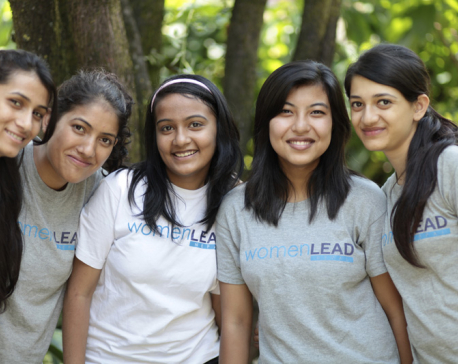
Helping women re-envision a better Nepal: Women LEAD Nepal
KATHMANDU,March 7: Women LEAD Nepal started as an idea that women and girls could change the trajectory of Nepal’s future and... Read More...
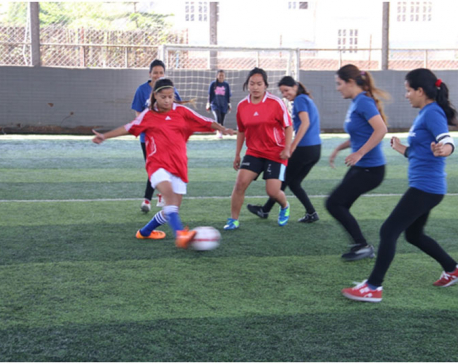
Futsal for the women, by the women and of the women!
KATHMANDU, March 19: WE United Project launched the Mahila Premier League (MPL) on March 18 at Grassroots Recreational Center in Mandikhatar. ... Read More...
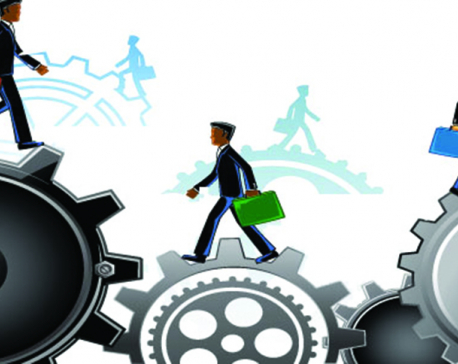
Federalism: learning by doing
Issues have emerged regarding effective implementation of federalism. But there is a long way to go and these issues can... Read More...
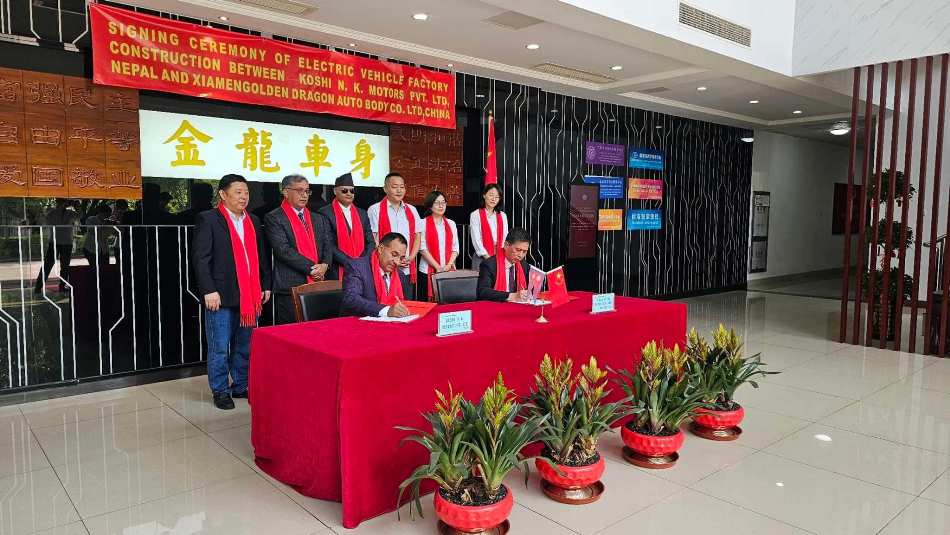
Just In
- Urgency of policy update for Nepal's National Park buffer zones
- Investment summit concludes with govt signing over a dozen MoU with prospective investors
- UML's Nembang elected in Ilam-2
- Ensure follow-up for increased FDI
- Nepal and Vietnam could collaborate in promotion of agriculture and tourism business: DPM Shrestha
- Govt urges entrepreneurs to invest in IT sector to reap maximum benefits
- Chinese company Xiamen investing Rs 3 billion in assembling plant of electric vehicles in Nepal
- NEPSE inches up 0.07 points, while daily turnover inclines to Rs 2.95 billion



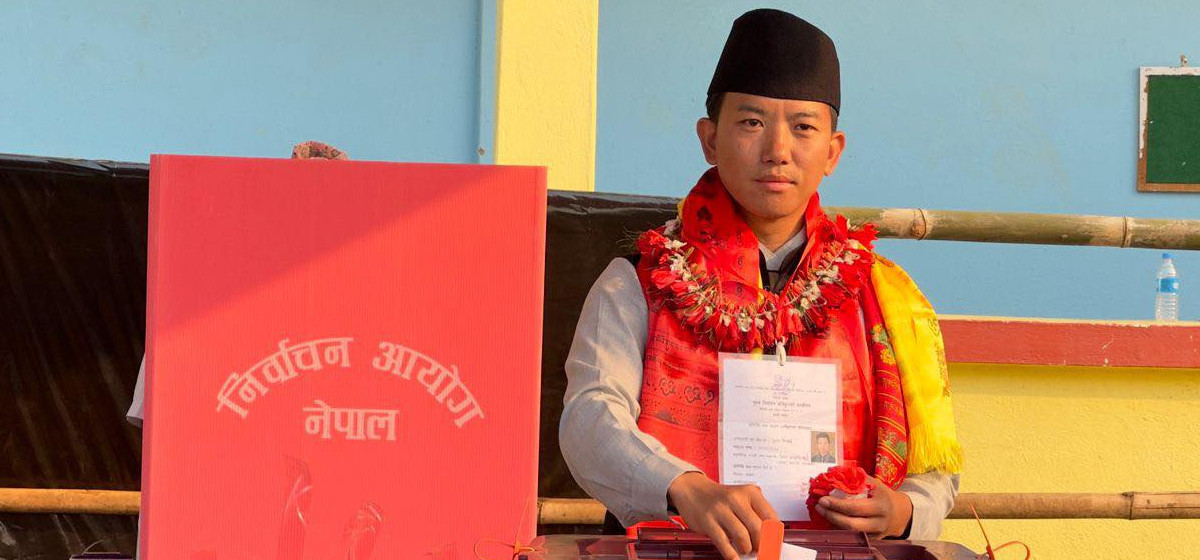
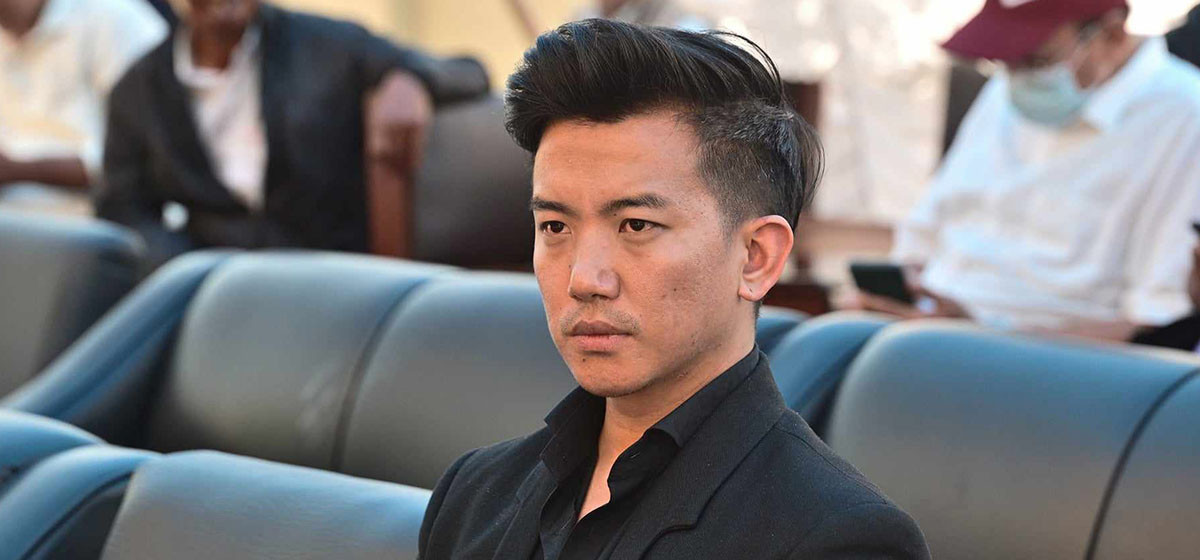
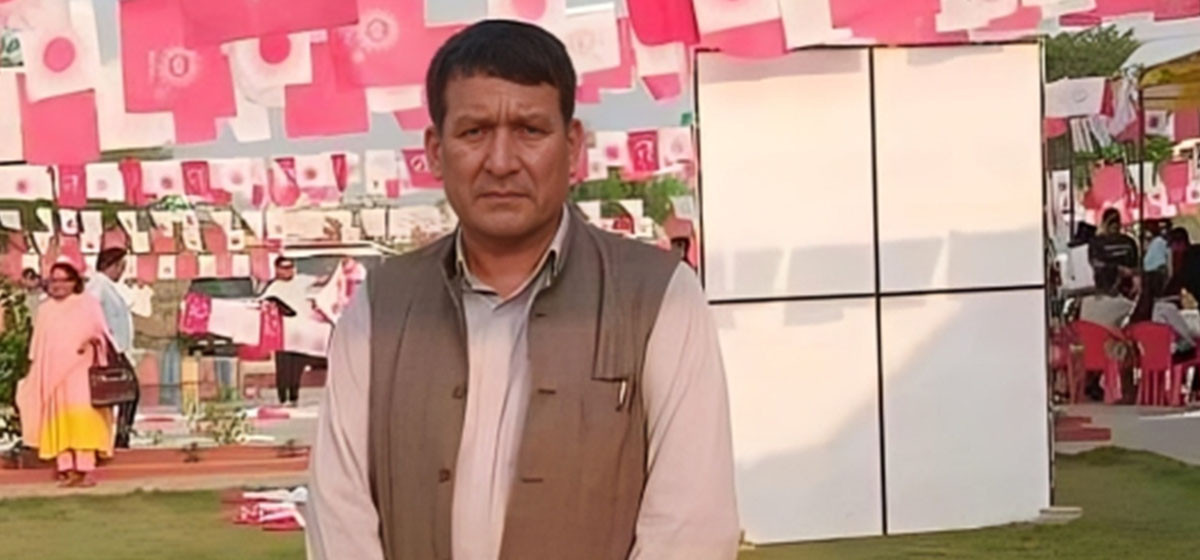
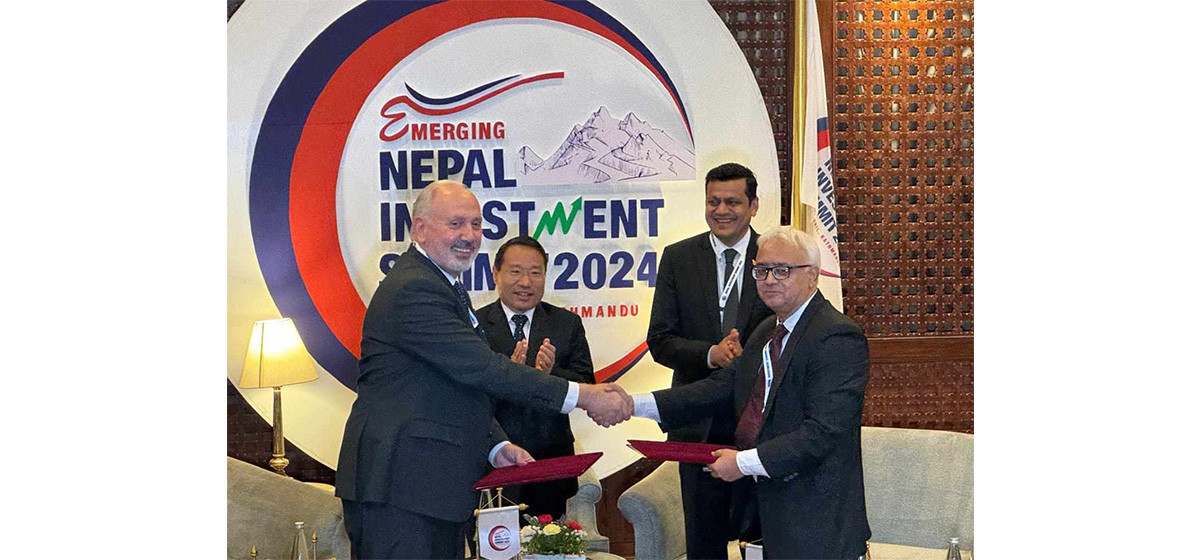
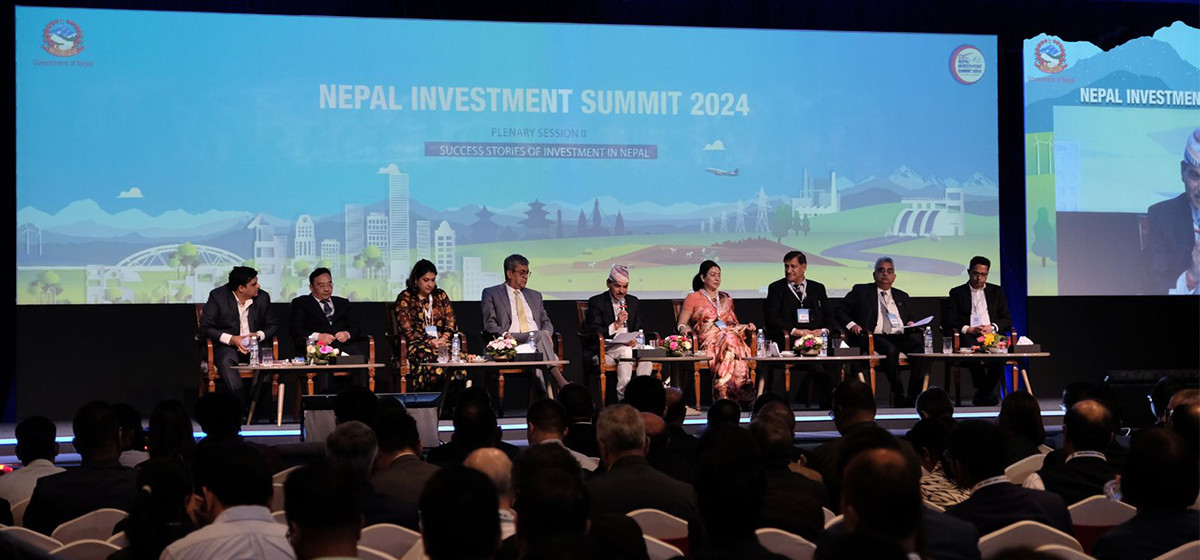
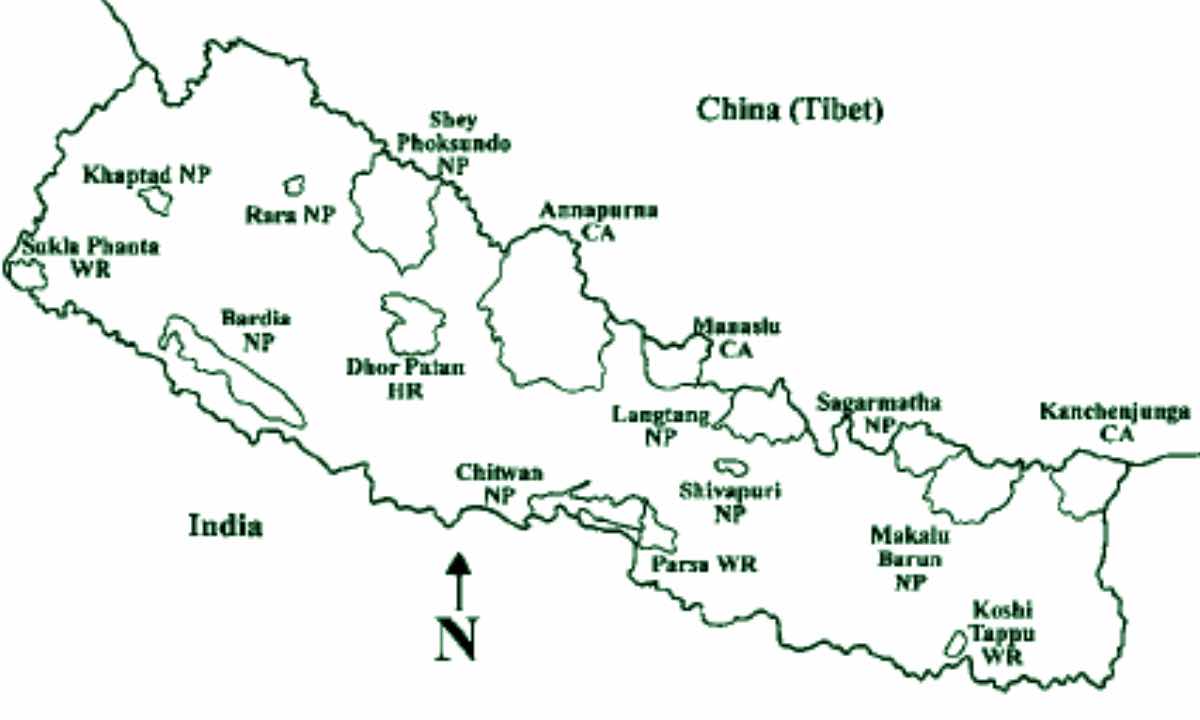
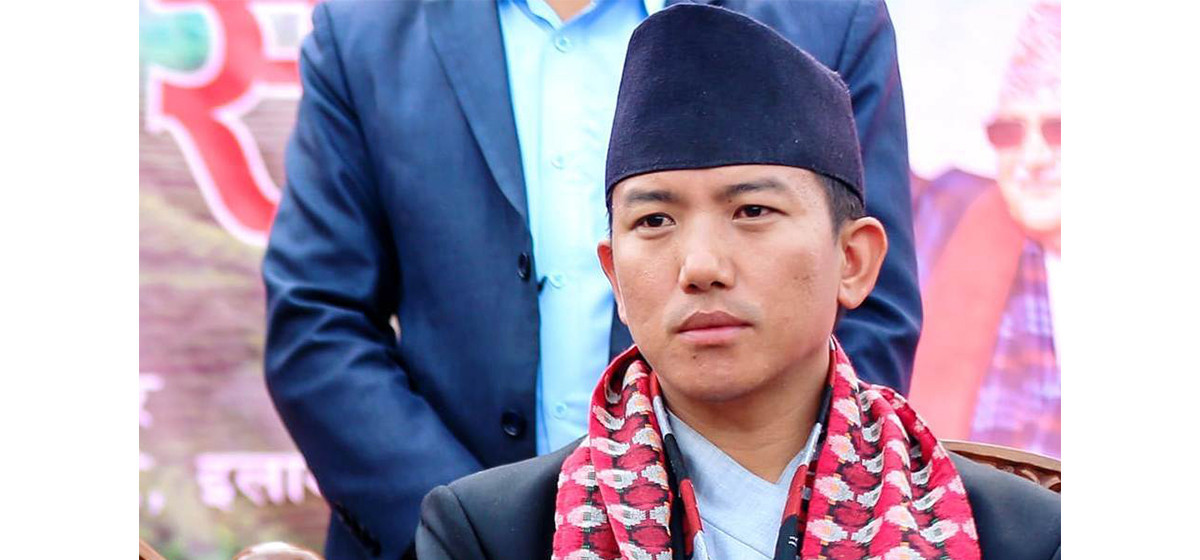

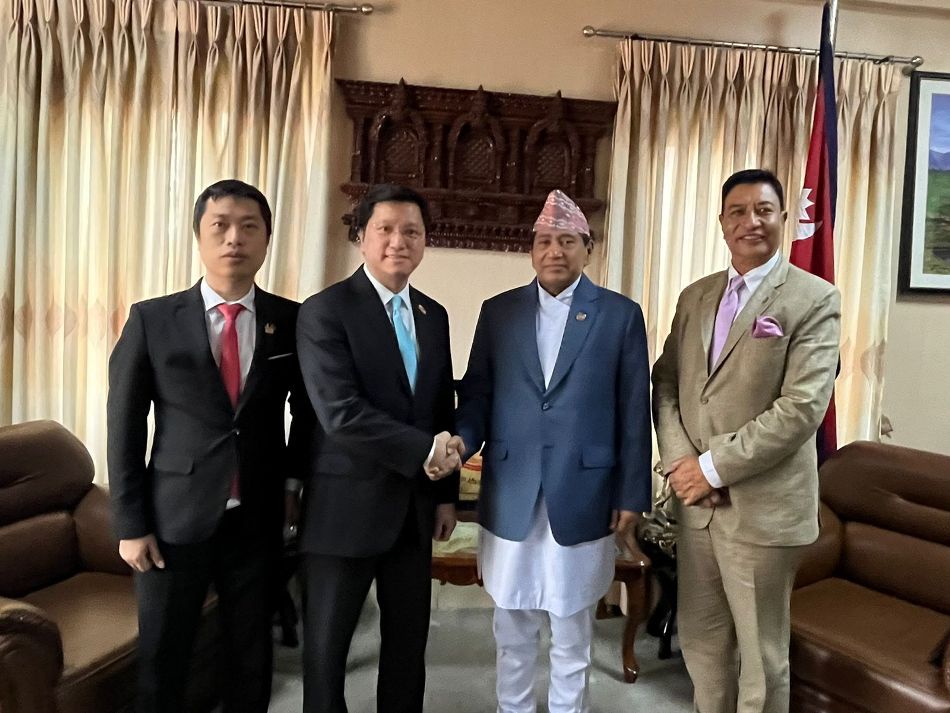


Leave A Comment